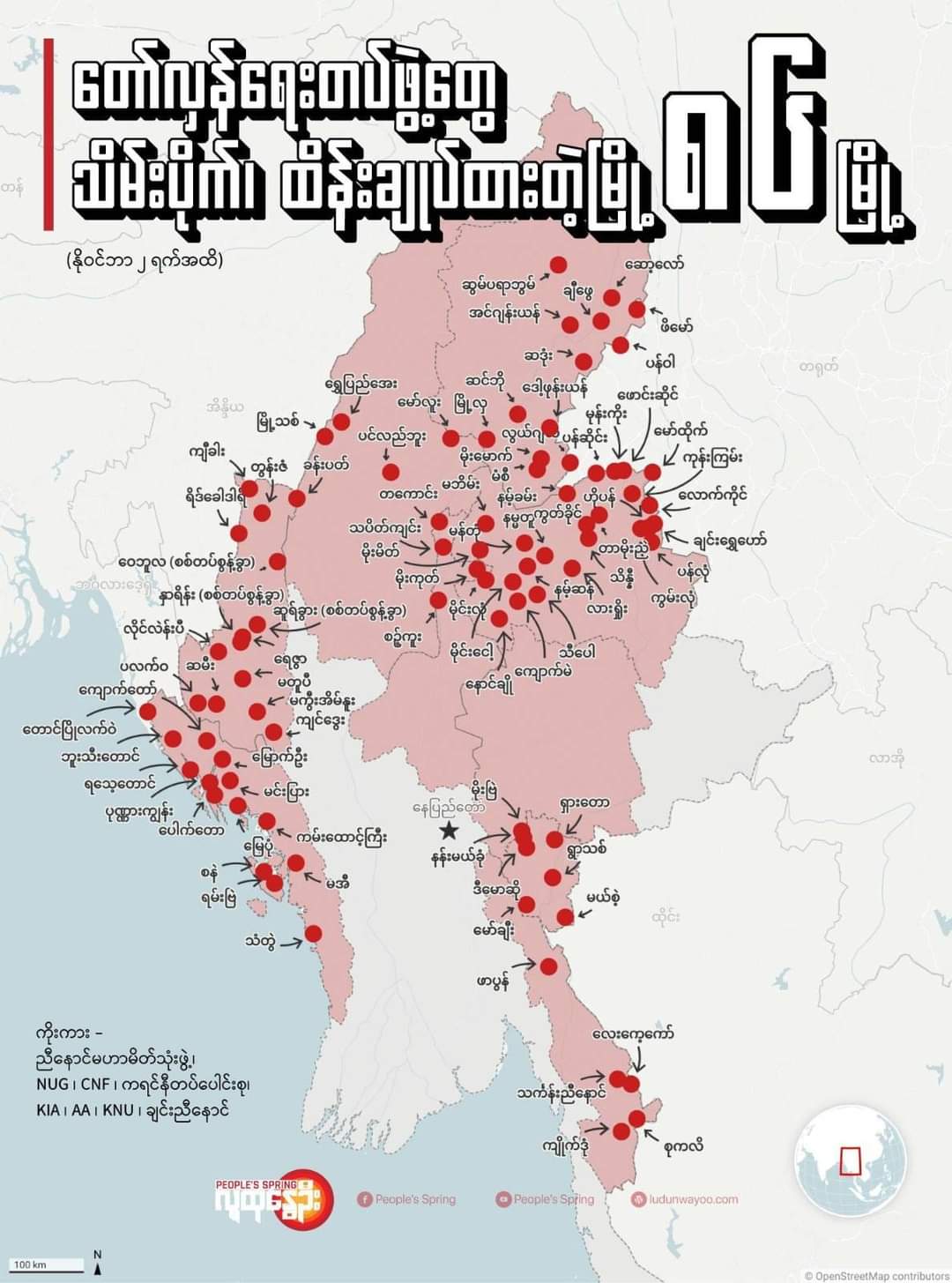
Eswatini’s main imported goods
Eswatini, a small, landlocked country in Southern Africa, imports a range of goods essential for its economic stability and development. While the country is known for its natural resources, including sugarcane, forestry products, and some mineral resources, its economy heavily relies on imports to meet the needs of its population and sustain its industrial and agricultural sectors. Here’s a detailed overview of Eswatini’s main imports, the reasons behind these imports, and their impact on the country’s economy.
1. Machinery and Equipment
Eswatini imports a significant amount of machinery and equipment, which is essential for various sectors, including agriculture, manufacturing, and construction. These imports encompass a wide range of items, such as electrical machinery, generators, pumps, industrial machinery, and agricultural equipment. Machinery and equipment imports are critical for modernizing industries, enhancing productivity, and supporting the country’s infrastructure development projects. Given Eswatini’s emphasis on diversifying its economy, machinery imports are essential for sectors like mining, food processing, and sugar refining.
2. Fuel and Petroleum Products
Fuel is one of Eswatini’s largest import categories, as the country has no significant oil reserves and therefore relies entirely on imported petroleum products. The primary fuel imports include petrol, diesel, and lubricants, which are vital for transportation, electricity generation, and industrial use. Given the increasing demand for energy to support economic activities and a rising number of vehicles, fuel imports are essential to keep the country’s economy running. The high import cost of fuel also makes energy prices sensitive to global oil market fluctuations, affecting Eswatini’s economic stability.
3. Food and Beverages
While Eswatini is known for its agriculture, especially sugarcane and maize production, it still relies on imported food products to meet the demands of its population. The main food imports include processed foods, rice, wheat, vegetable oils, and beverages. Processed foods and beverages are particularly popular in urban areas where the demand for diverse and convenient food options is higher. Imports of these items help ensure food security, particularly in times when local production is affected by droughts or other environmental challenges. The reliance on imported foods is necessary, but it also underscores the challenges Eswatini faces in achieving self-sufficiency in food production.
4. Vehicles and Transportation Equipment
Eswatini imports various vehicles, from personal cars to commercial trucks and buses, as well as transportation equipment like tires and parts. The automotive sector is crucial for both personal and commercial transportation, as Eswatini is a landlocked country that relies on road networks for trade and mobility. The demand for vehicles has increased with urbanization and the growing middle class, while transportation equipment supports the movement of goods and people across the country. However, vehicle imports also contribute to the trade deficit, as they represent a substantial expense.
5. Pharmaceuticals and Medical Equipment
Healthcare remains a priority for Eswatini, and the country imports a large portion of its pharmaceutical supplies and medical equipment. Essential medicines, vaccines, diagnostic equipment, and surgical supplies are imported to support the healthcare system. As Eswatini faces a high burden of communicable diseases, such as HIV/AIDS and tuberculosis, imported pharmaceuticals are critical to treatment programs and improving health outcomes. Additionally, medical equipment is essential for diagnosing and managing both infectious and non-communicable diseases. Importing these goods is necessary, but it highlights the dependency on international suppliers for healthcare resources.
6. Chemicals and Fertilizers
Eswatini’s agricultural sector is central to its economy, and imports of chemicals and fertilizers are essential to sustain and enhance agricultural productivity. Fertilizers are vital for crops like sugarcane, maize, and vegetables, as they help improve yields and maintain soil fertility. Other chemicals, such as pesticides and herbicides, are crucial in protecting crops from pests and diseases. Additionally, Eswatini imports various industrial chemicals used in manufacturing, mining, and other sectors. These chemical imports are necessary for supporting agricultural output, but they also involve significant costs for the agricultural industry and have environmental considerations.
7. Consumer Goods and Electronics
As living standards improve, the demand for consumer goods and electronics has risen. Eswatini imports a wide range of consumer goods, including clothing, appliances, electronics, and household items, largely from South Africa and other countries. These items are integral to the daily lives of Eswatini’s population, especially in urban areas where the demand for modern lifestyle products is higher. The imports of consumer goods cater to the preferences and needs of the growing middle class, although they contribute to trade deficits, as most consumer goods are imported rather than locally produced.
8. Building and Construction Materials
With an increasing focus on infrastructure development, Eswatini imports various building materials, such as cement, steel, glass, and construction machinery. These materials are crucial for public infrastructure projects, housing developments, and private sector construction. The government has prioritized infrastructure improvements to promote economic growth, which has increased the demand for construction materials. While these imports help build essential infrastructure, they also increase the country’s dependency on foreign suppliers and add to import costs.
Economic Impact of Imports
Eswatini’s reliance on imported goods reflects its need for items that cannot be produced locally. Imports support the development of key sectors, provide access to essential resources, and improve the quality of life for citizens. However, the high volume of imports also contributes to trade imbalances and a dependency on global markets, making Eswatini vulnerable to price fluctuations and international supply chain disruptions. To mitigate these challenges, the government has been focusing on promoting local production where possible and strengthening regional trade partnerships, particularly with neighboring South Africa.
In conclusion, imports play a crucial role in Eswatini’s economy by providing access to machinery, fuel, food, healthcare, and consumer goods. While necessary, the reliance on imports poses economic challenges, particularly regarding trade deficits and dependency on international markets.




Leave a Reply